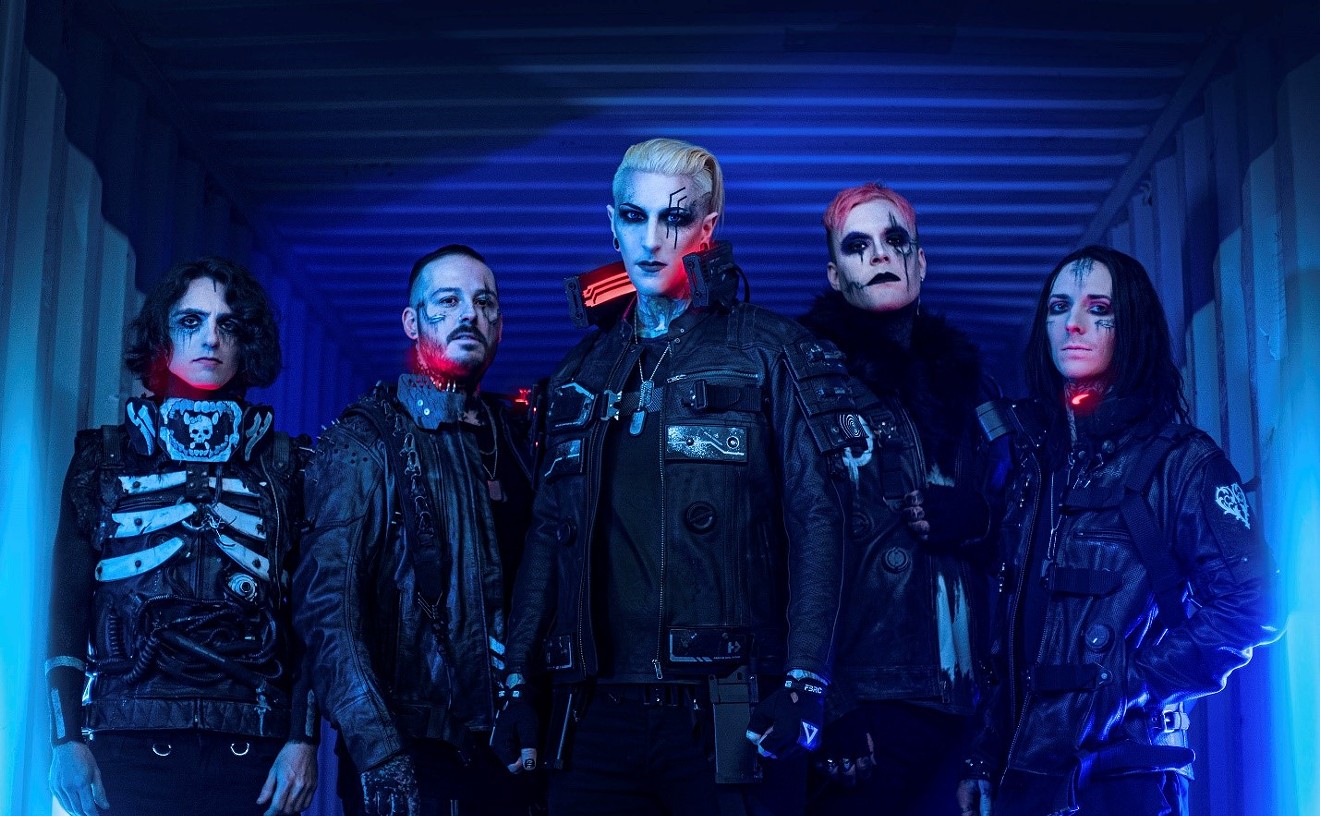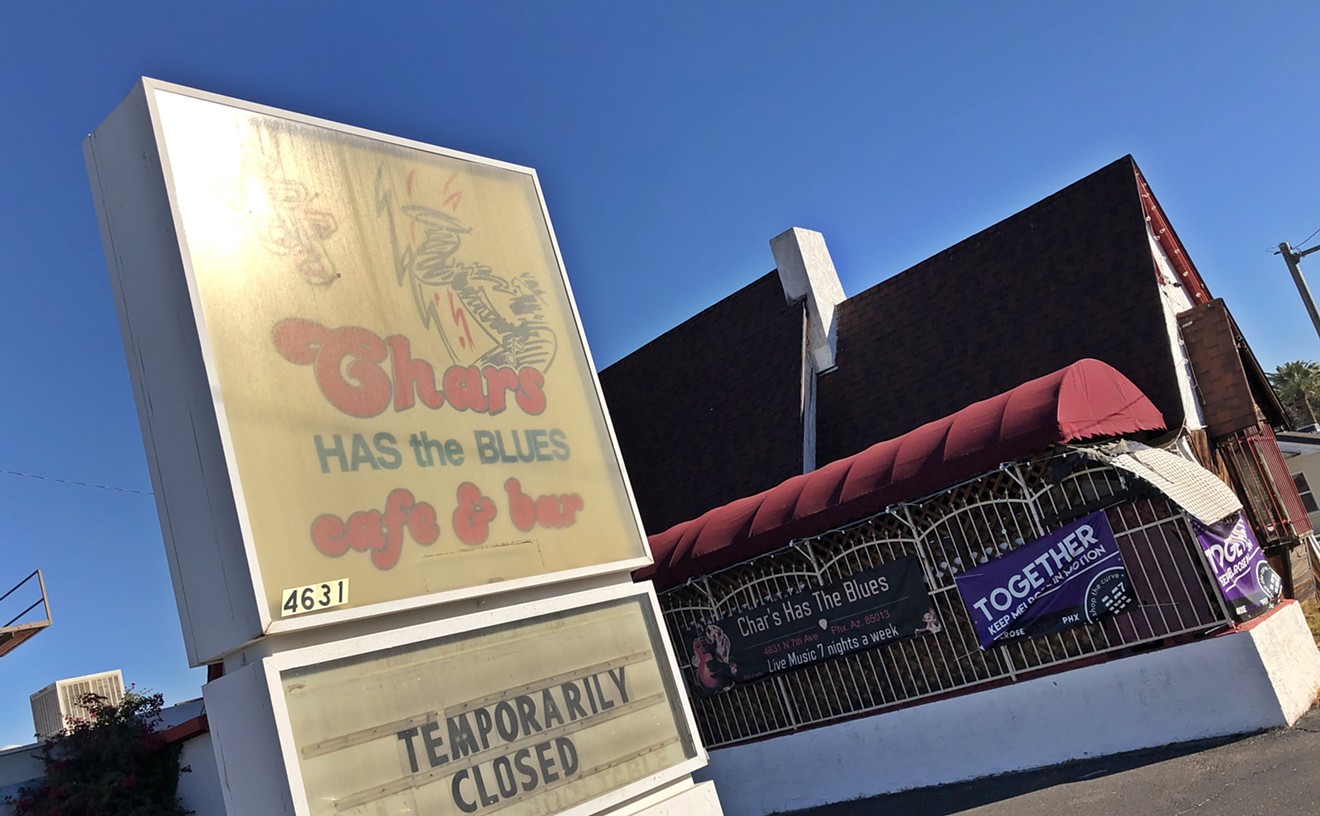New Times: How have you changed as a producer since your days with MHz, and then the Deadringer album?
RJD2: Back when I started doing beats, I definitely spent my time doing more conventional rap music, and wanting to branch out, experiment more, and do weirdo [kind of] stuff. And [the latter] was a smaller part of my output. I think now it's kinda the opposite. I feel like the weirdo stuff is more my bread and butter, what I spend most of my time working on now. I don't know . . . I see Soul Position as a more conventional rap record, and it was one of the few things like that I've done in a while.
NT: Do you see the Aceyalone record as a conventional rap record?
RJD2: Not really. I guess it all comes down to your definition of how you see it. But I was shooting for as much variety . . . I wasn't curbing any tendencies to experiment with that record. Some of it "plays by the rules," for lack of a better term, but a lot of it was, "Hey, let's just do what comes natural and forget about what people are going to think about it."
NT: I'd like to pin you down a little bit. You say some of the records you made are conventional rap records, and others are experimental. I'm trying to figure out: What is it about the Aceyalone record that isn't conventional?
RJD2: I guess, when I think about some of the [Aceyalone] songs, like "Superhero," I think of a 120 BPM electro-beat . . . I don't totally follow underground rap, so I'm not totally sure what's going on. But when I did follow it, and I knew what was going on, that certainly didn't seem to be the norm.
NT: How do you choose which approach to take?
RJD2: Honestly, it depends on the vibe that I get from the artist. I can tell when somebody comes to me and they want to do what I do and just let it happen. You can tell. People don't usually just come out and say it, but you can tell from the way they talk to you. Then there's other times people'll talk to you, and you can tell they're just looking for "hot rap beat X."
I enjoy both. I can't do the hot, anonymous rap beat forever, because I get sick of it. But it's fun to do, and I don't consider myself above it. If you eat a nice meal every night, if the Iron Chef's cooking for you every night, and that's all you eat, then you're not going to appreciate the meal. You need to eat McDonald's periodically in order to grasp what a good meal is.









